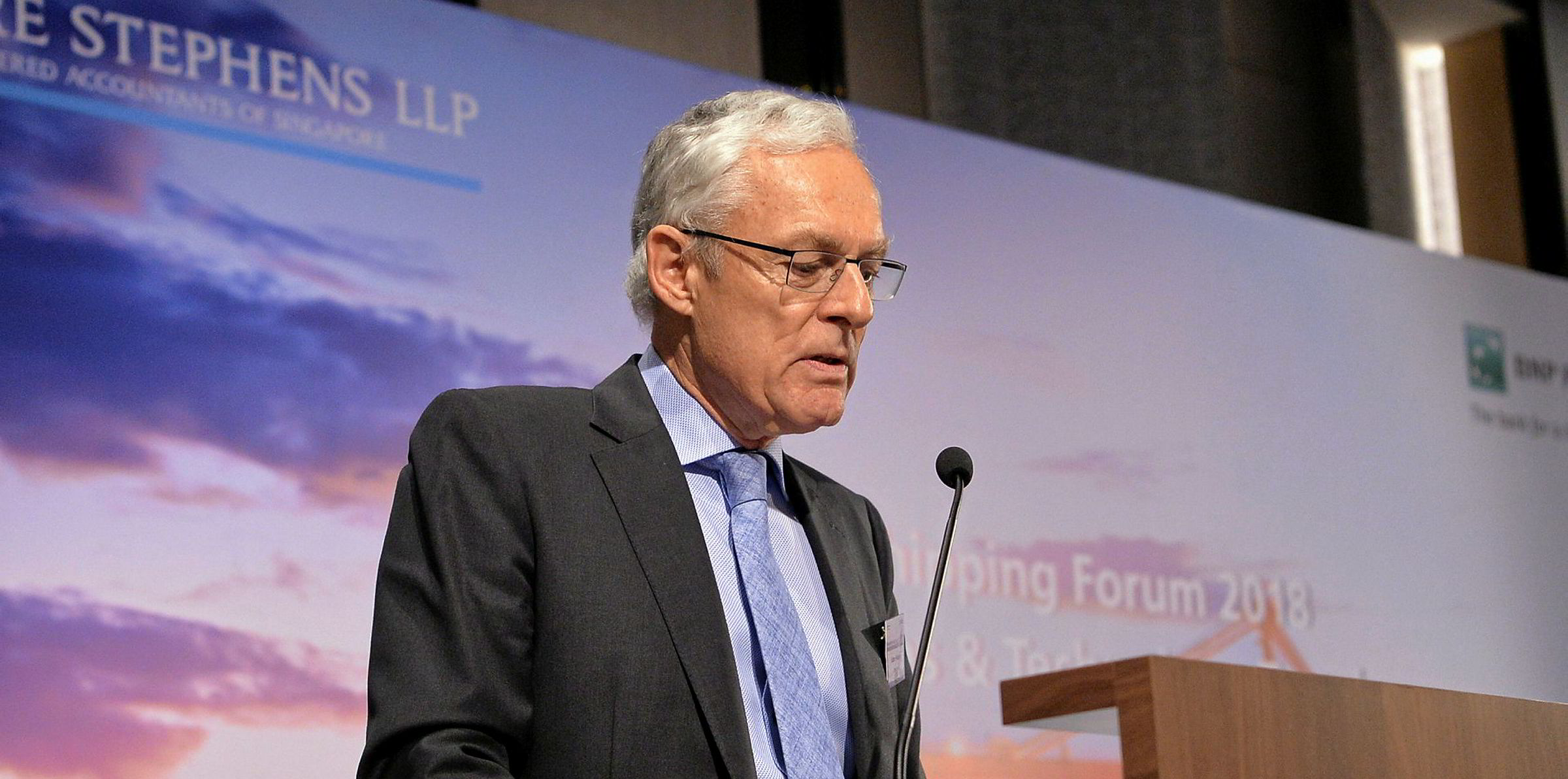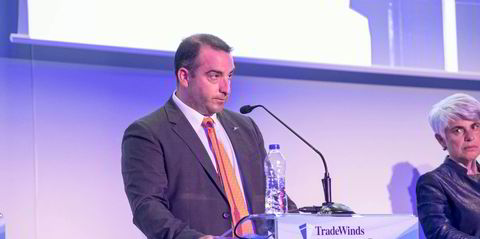The International Chamber of Shipping (ICS) has warned of "chaos and confusion" in 2020 unless the IMO resolves issues surrounding the supply and quality of new 0.5%-sulphur ship fuel.
ICS chairman Esben Poulsson said the industry fully backed the move and the positive environmental benefits it will bring.
Owners are also ready to accept the significant increase in fuel costs that will result, he added.
But he said: "It is still far from certain that sufficient quantities of compliant fuels will be available in every port worldwide by 1 January 2020.
"And in the absence of global standards for many of the new blended fuels that oil refiners have promised, there are some potentially serious safety issues due to the use of incompatible bunkers."
He added: "Governments, oil refiners and charterers of ships responsible for meeting the cost of bunkers all need to understand that ships will need to start purchasing compliant fuels several months in advance of 1 January 2020.
"But at the moment no one knows what types of fuel will be available or at what price, specification or in what quantity. Unless everyone gets to grips with this quickly we could be faced with an unholy mess with ships and cargo being stuck in port."
Next meeting vital
Significant progress needs to be made at an IMO meeting in July about the impending global sulphur cap, ICS said.
It will be making a number of detailed technical submissions to help the successful implementation of what it calls a regulatory game-changer.
The ICS is also backing the IMO's "very ambitious goal" to cut the sector’s total GHG emissions by at least 50% by 2050.
But it expressed "serious disappointment" at the apparent intention of the European Union to press on with the implementation of a regional CO2 reporting system at variance to the global system already agreed by IMO.
"We are still waiting to see the final recommendations from the European Commission following a recent consultation," Poulsson said.
"But the industry has made clear its total opposition to the publication of data about individual ships using abstract operational efficiency metrics that bear no relation to CO2 emissions in real life and which will be used to penalise shipowners unfairly.
"Anything less than a full alignment with the IMO CO2 data collection system will be seen as a sign of bad faith by many non-EU nations who recently agreed to the IMO GHG reduction strategy, precisely to discourage such unilateral measures which risk seriously distorting maritime trade and global shipping markets."
Poulsson has been re-elected as ICS chairman for another two years.






